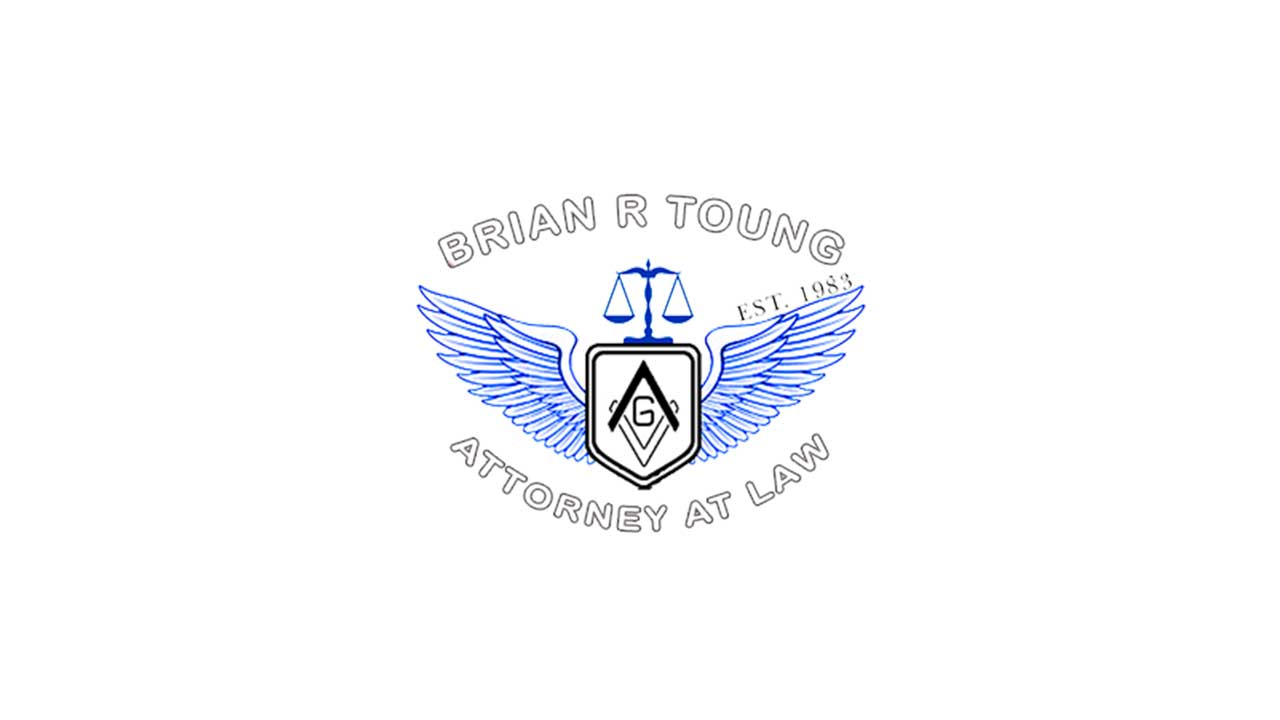When a police officer stops you, it is important for you to understand your rights under the law, especially when it comes to your right to privacy and security. While a police officer does bear a responsibility to uphold the law, he or she does not bear a responsibility to explain the law to you, and may even have grounds to lie to you in certain circumstances. This particularly true when an officer wishes to search your vehicle during a stop.
Police may not simply search a vehicle without proper justification. An officer may have the legal right to search your vehicle without your permission if he or she
- Has a warrant to perform the search
- Has “probable cause” to believe a search will reveal evidence of a crime
- Has reason to believe that you pose a threat to the officer or others
While these are relatively broad justifications, many traffic stops do not present an officer with any of these justifications, and he or she must ask you for your permission to search the vehicle. If an officer asks for your permission to search your vehicle, you do not have to give it to them. Instead, you may respectfully decline, saying that you do not consent to the search.
Sometimes, an officer may overstep the law and perform an illegal search of your vehicle, or violate your civil rights in some other way during a traffic stop. If you are unsure if an officer violated your rights during a stop, an experienced defense attorney can provide more information. You may find that you have grounds to challenge the charges and have them thrown out altogether. Be sure to seek out the help you need to protect your rights and your future from unfair abuses of power.

